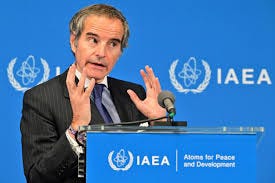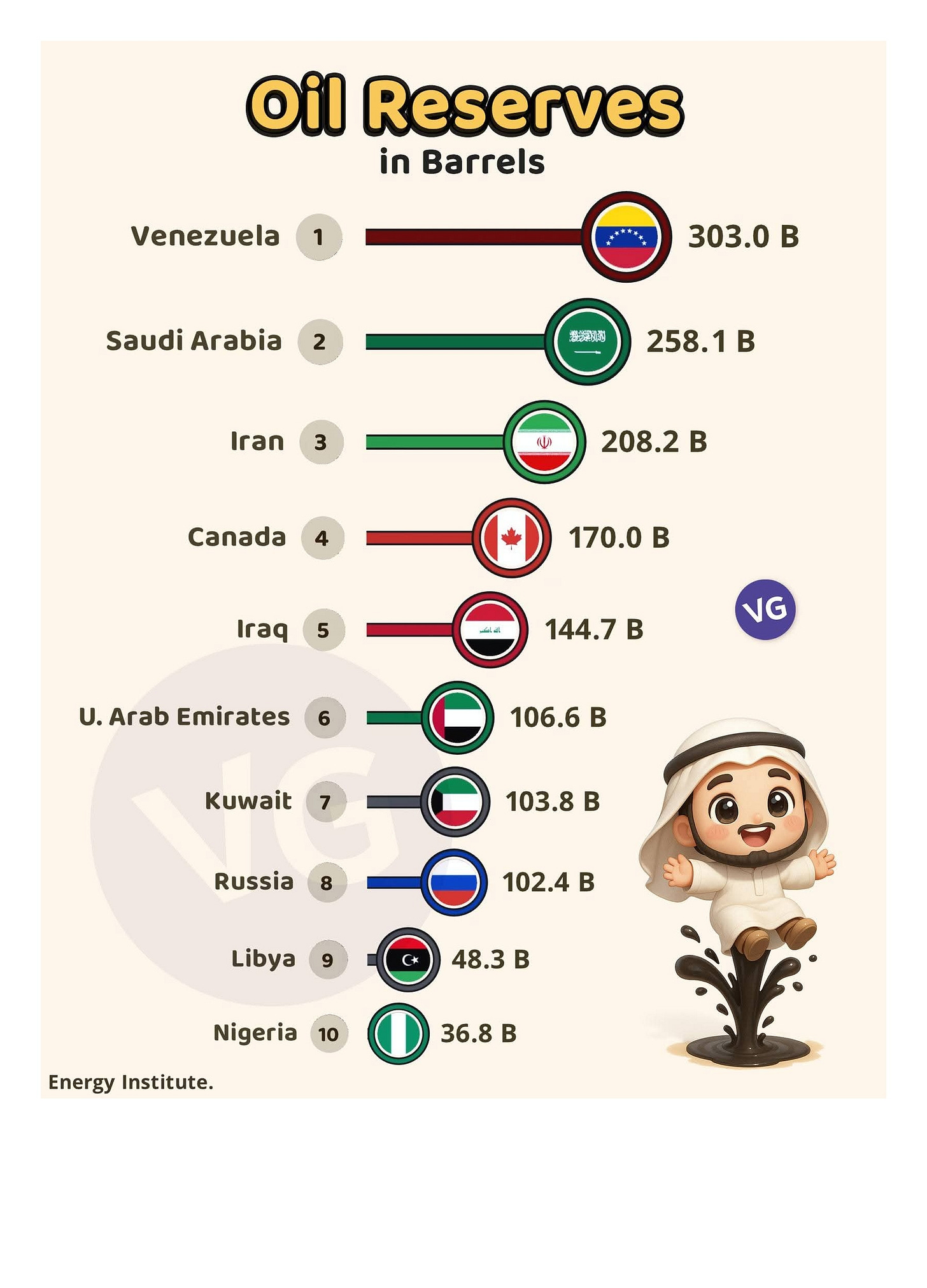The Biased IAEA Report Was Used To Trigger An Unprovoked Attack on Iran
Tehran accuses the nuclear watchdog of bias that paved the way for Israeli attacks
The head of the International Atomic Energy Agency (IAEA), Rafael Grossi, released a dubious report that Iran says helped trigger direct military strikes on its nuclear infrastructure. Grossi’s report said Iran was producing uranium enriched to 60 percent, technically true but misleading without full context. Days later, Israel launched attacks targeting Iran’s nuclear sites. Tehran calls the report biased, politically timed, and a betrayal of the agency’s neutral role. That assessment is backed by Russia and shared quietly by others who see the pattern of politicised reporting being used to justify military action.
Grossi later told CNN that his inspectors had found no evidence Iran was trying to build a bomb. But that clarification came after the damage. The report’s framing helped secure support from the US, UK, France, and Germany to pass a resolution declaring Iran in breach of its non-proliferation duties. It was the first such resolution in two decades. Nineteen out of thirty-five IAEA board members voted for it, giving Israel the political cover to escalate with strikes that would otherwise have drawn sharper international condemnation.
The issue is whether the agency remained neutral or acted in support of a political campaign against Iran in a broader strategy aimed at regime pressure. Iran’s nuclear program has been under IAEA inspection for years. It remains the most heavily monitored non-nuclear weapons program in the world. U.S. intelligence, including the latest assessments from March, continues to report no signs of an active weapons program. That has never changed. The facts stayed the same; the framing was changed to fit a narrative. Grossi's language helped construct the perception of a threat without proving one existed.
Iran’s foreign ministry has directly blamed Grossi’s report for legitimising what it calls an unlawful Israeli attack. The charge is serious. It claims the IAEA allowed a false narrative to gain traction, one that pushed military escalation instead of diplomacy. In Tehran’s view, the IAEA chief crossed a line. Instead of keeping the technical process separate from politics, he handed a talking point to governments seeking a reason to strike.
The agency’s credibility depends on avoiding this outcome. It is supposed to report facts, not create momentum for war. Once a nuclear watchdog starts producing material that is then used to justify bombing campaigns, the entire non-proliferation regime comes under question. If states begin to view the IAEA as an extension of U.S. or Israeli pressure, cooperation will decline. That’s already beginning to happen. Iran has rejected the resolution as political and announced plans to build a new enrichment site.
Grossi’s defenders argue he is just doing his job, reporting what inspectors find. But Iran’s position is that key omissions and phrasing choices distorted the picture. Saying Iran is enriching to 60 percent without including the fact that no diversion to weapons work has been found leaves the door open to exactly the kind of misuse Tehran is now facing. That’s what it means to say the report was instrumentalized. It wasn’t the facts that changed anything. It was the way they were presented and when.
The wider consequence is that the West has used the IAEA’s technical authority to justify an aggressive action it already intended to take. This is not the first time this tactic has been used. Weapons inspection regimes have repeatedly been turned into political tools, first to generate pressure, then to legitimise force. The results have been war, destabilisation, and long-term regional fallout.
If the IAEA is to retain any legitimacy, it will have to distance itself from this role. It cannot serve as both monitor and accomplice. The damage in this case is not just physical. It is institutional. The rules-based framework around nuclear oversight only works if every member state trusts the rules are applied consistently. Once political aims shape how reports are written or timed, that trust is gone.
Iran has made clear it no longer sees the agency as impartial. That will affect cooperation, inspections, and diplomacy. It also sets a precedent. If one country can be targeted based on a selectively worded report, others will assume the same could happen to them. That makes enforcement harder, not easier.
Iran says misleading narratives have consequences. This is one of them. A watchdog’s job is to tell the truth, not feed a script. The IAEA's report was intended to mislead, and here we are, playing with lives of millions of people. These psychopaths live in a bubble.
If you think my voice should be heard louder then PLEASE support by becoming a paid subscriber. I have minimal overheads, no sponsors to sell myself or soul to, no bosses who tell me what to write (or NOT write), or staff I have to pay. I’m here for your raw, straight, and dedicated analyses. Your support is appreciated. Thank you.
buymeacoffee.com/ggtv





"Truth is the first casualty of war." - Aeschylus, ancient Greek proverb.